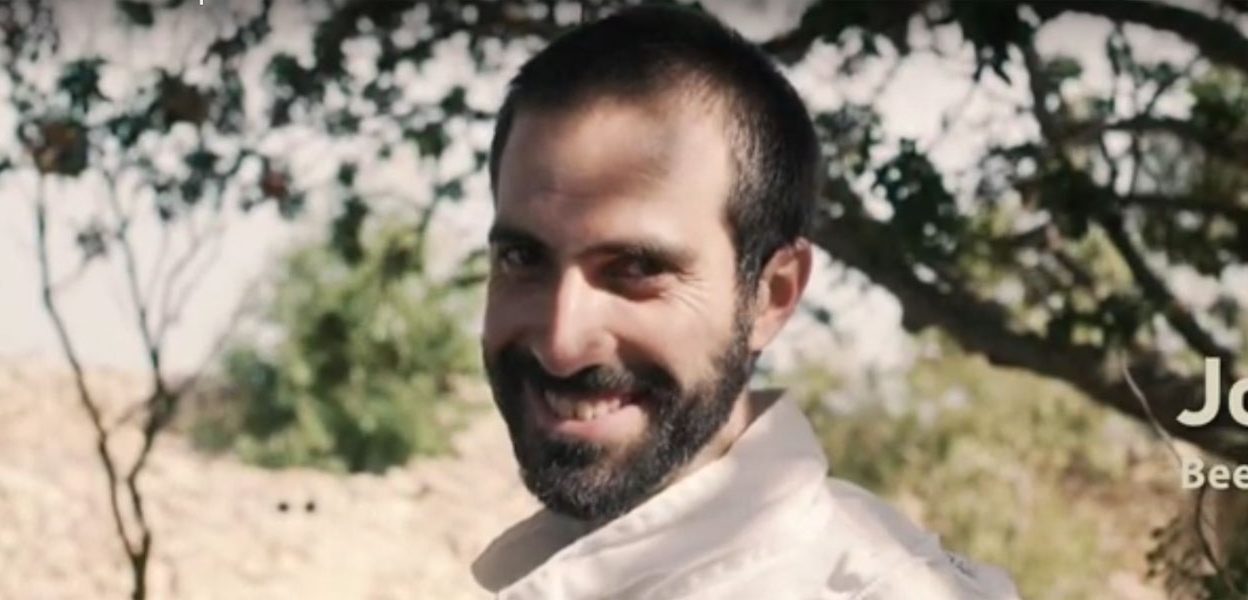Jorge is an architect by profession but has found his passion in beekeeping seven years ago. He is a small scale beekeeper that focuses primarily on keeping healthy populations of the endemic Maltese honey bee and works with a community of other breeders that are part of the Breeds of Origin Conservancy.
“Since Malta is an island, and because we still import foreign bees, the Maltese honeybee is under threat.
“I started beekeeping because I met an elderly person who with a lot of passion wanted to pass on his craft. He succeeded because: here I am.
“Apart from this, I collaborate with other breeders to support the population of the Maltese honey bee.
“The bee is responsible for the pollination of almost 80% of the food we eat. That is the main link between the environment and us, because after all we need to eat as well.
“That which makes the environment beautiful is there because of the bee’s pollination. A beekeeper has to research extensively to understand as much as possible what’s happening to the environment in order to give an adequate response to the things happening around us.
“One cannot add an insect which is depending on the flora when the flora is not increasing. In Malta’s case the flora is decreasing and we have a problem especially with unsustainable development.
“I’d like to make a plea to the public to respect beekeepers because without them most of the food will not be available and may be pricier too.
“We should appreciate the bee’s work when we’re eating. We need to remember that when we have food on our plate it’s because someone has worked for it. Most of our food is available because at one point a honey bee pollinated a flower.
“The Maltese honey bee is endemic, which means it’s not found anywhere else except Malta. We work together towards the same goal by making sure the Maltese honey bees are in a better state than when we found them.”


